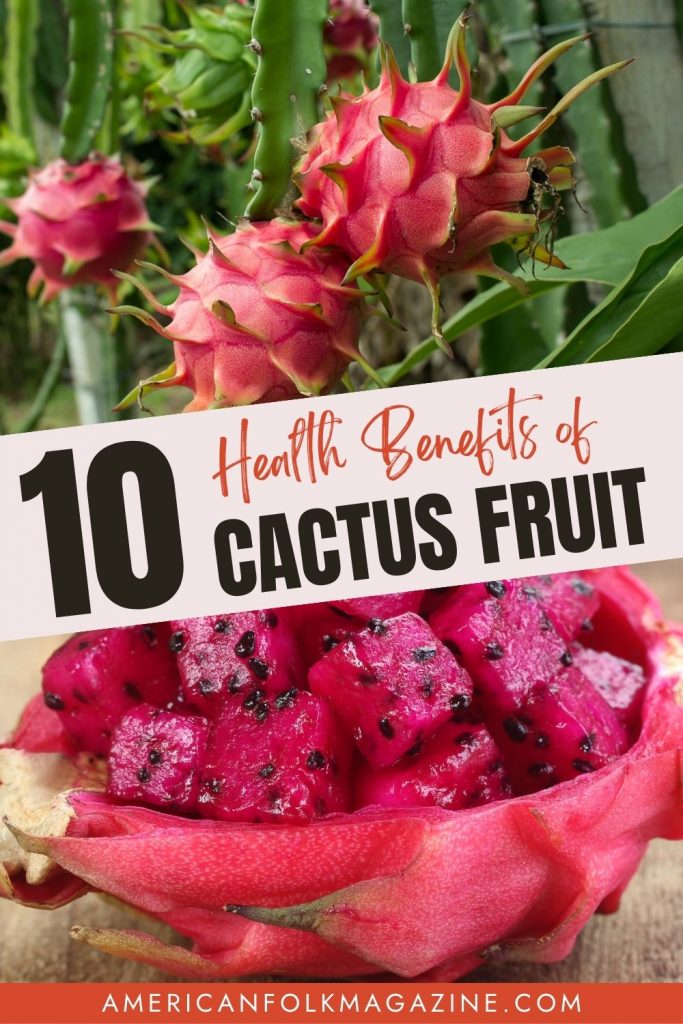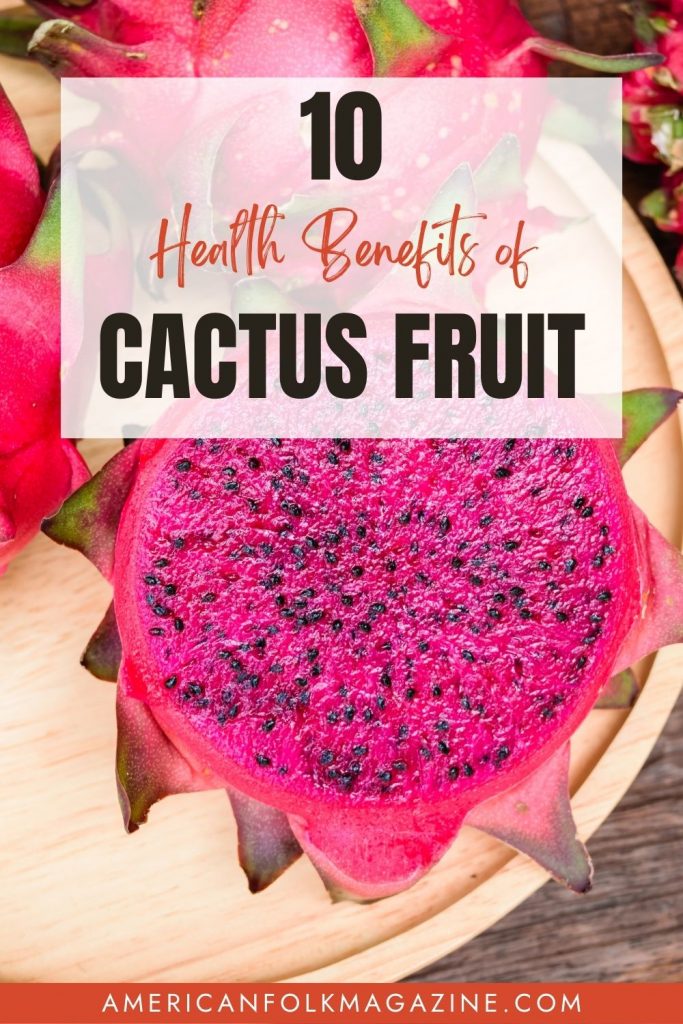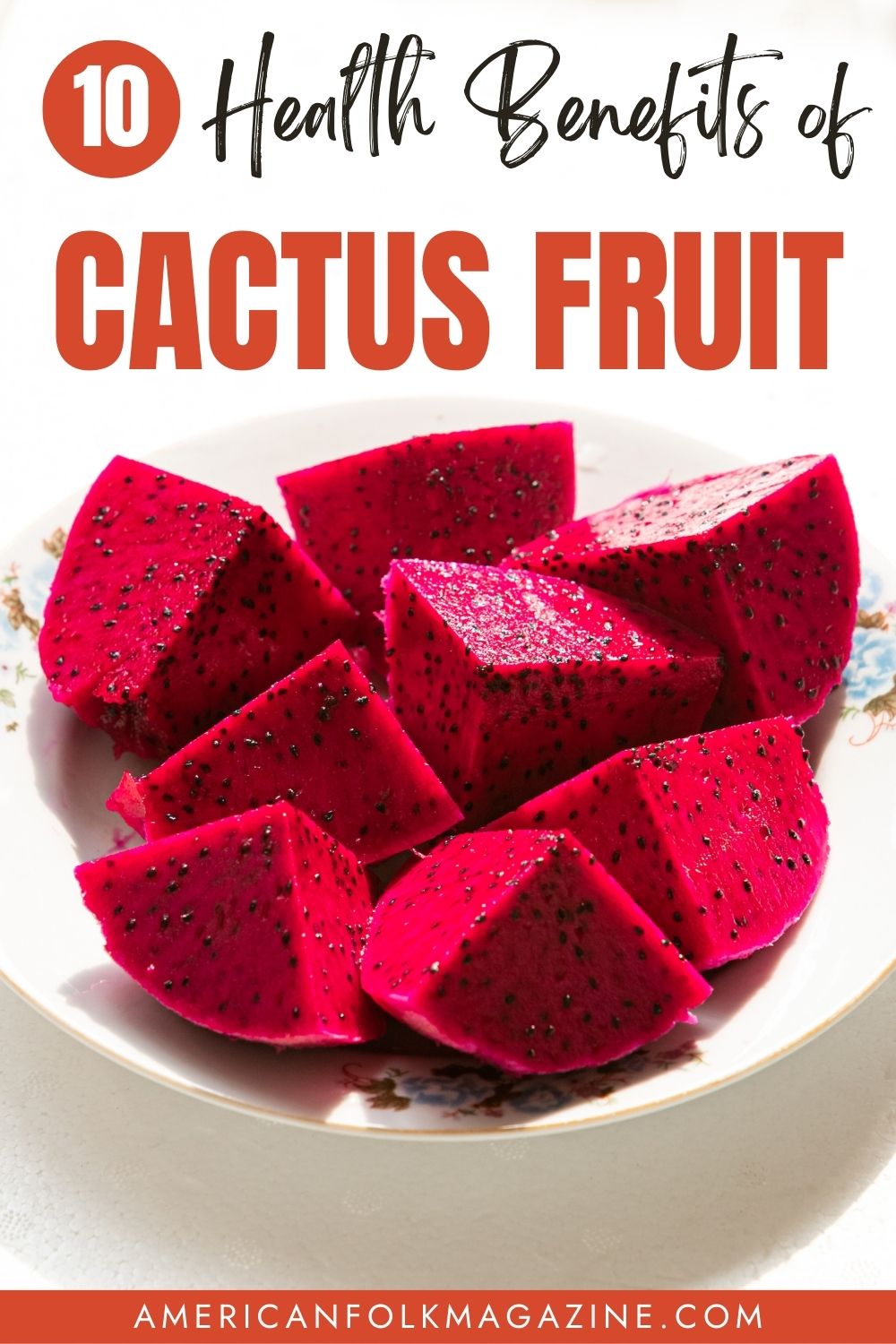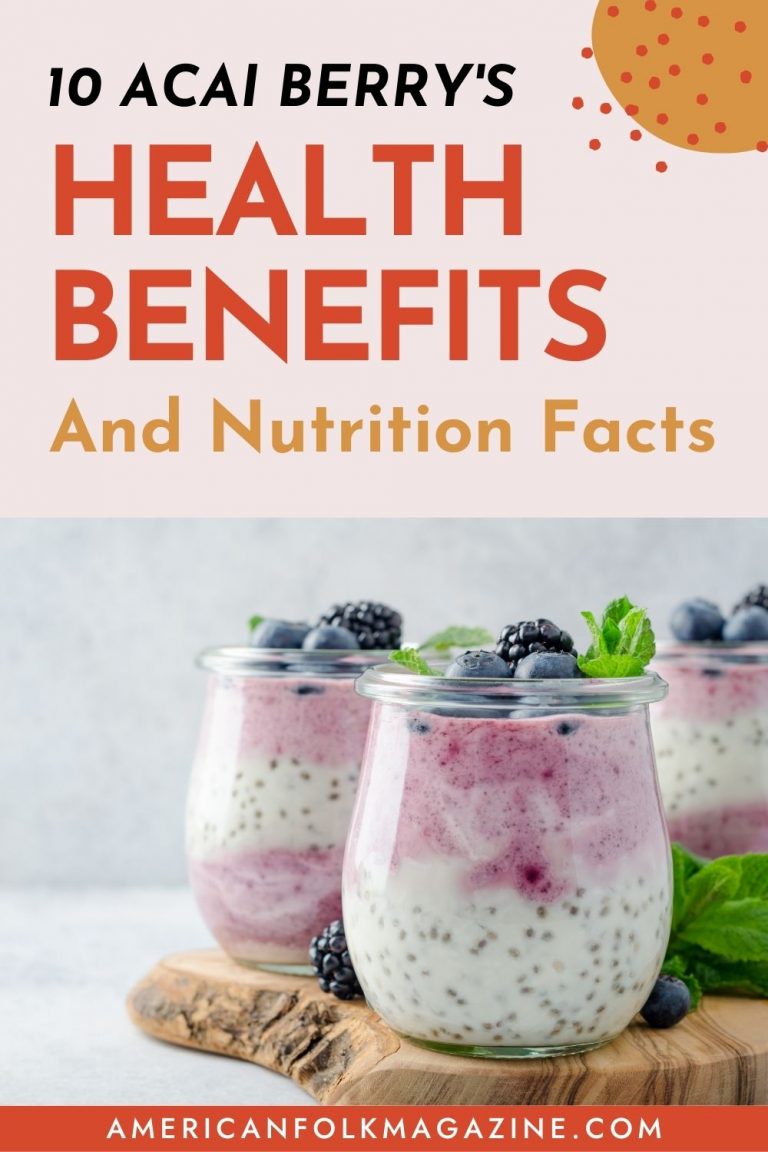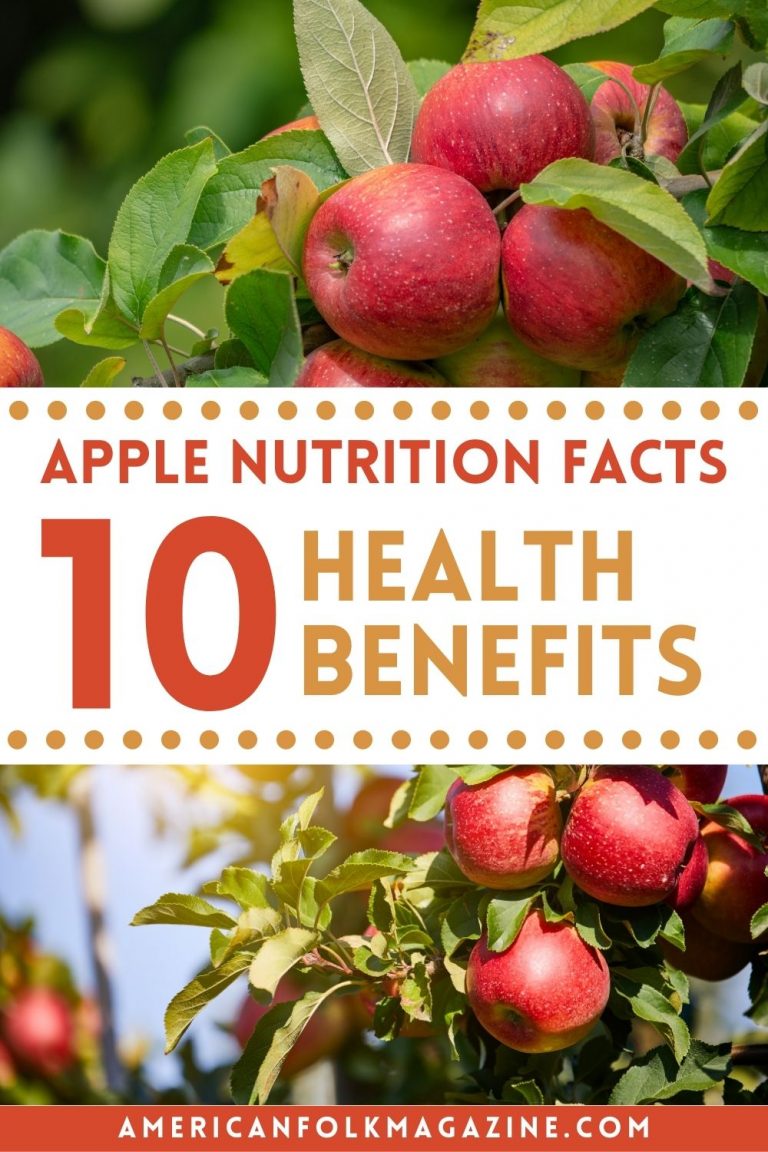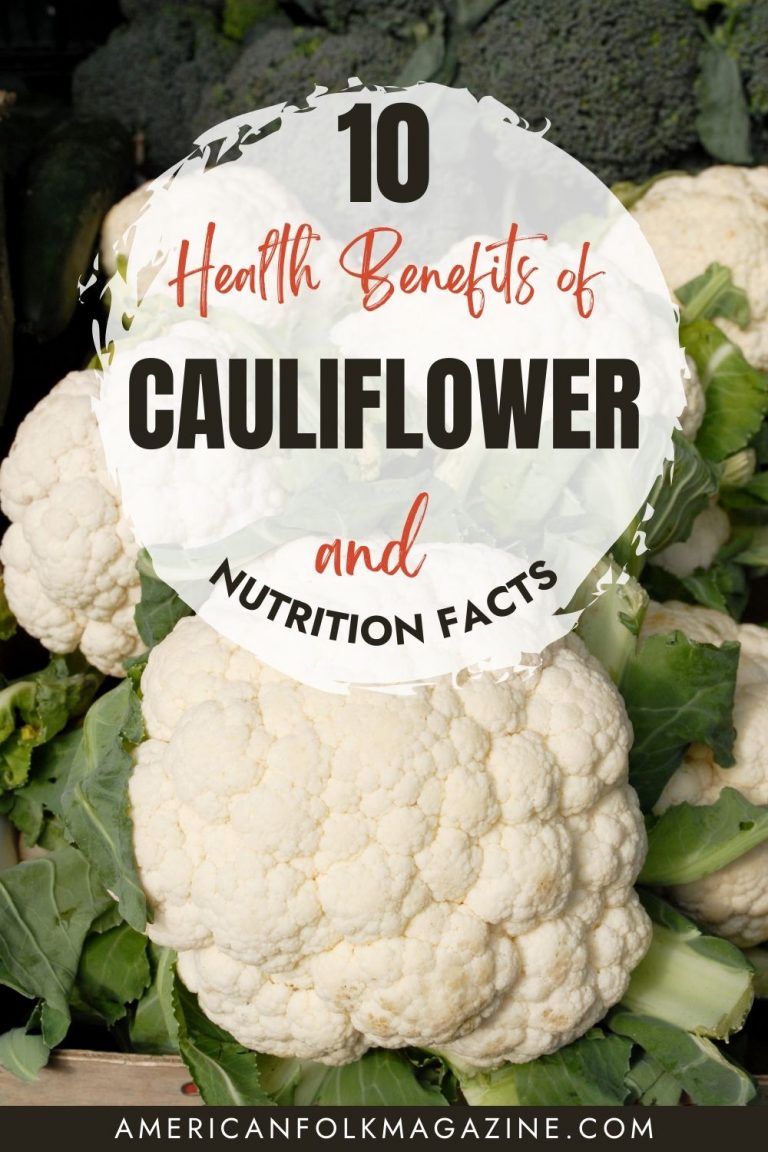Cactus fruit, also known as prickly pear, is a unique and nutritious fruit that is gaining popularity for its health benefits. With its vibrant colors and distinct taste, cactus fruit is not only delicious but also packed with essential nutrients.
In this article, we will explore what cactus fruit is, its nutritional profile, and the top 10 health benefits it offers.
We will also discuss how to incorporate cactus fruit into your diet and any precautions or potential side effects to be aware of. So, let’s dive in and discover the wonders of cactus fruit!
What is Cactus Fruit?
Cactus fruit is a fruit that comes from various species of cacti, primarily the Opuntia genus. These fruits are typically oval or pear-shaped and have thick, spiky skin, hence the name prickly pear.
Cactus fruit comes in different colors, including red, yellow, and green, and each color has its own unique flavor profile. The flesh of the fruit is soft and juicy, filled with tiny edible seeds.
Cactus fruit is native to the Americas and has been enjoyed for centuries by indigenous cultures.
Nutritional Facts of Cactus Fruit
Cactus fruit is not only visually appealing but also a nutritional powerhouse. It is low in calories and fat, making it a healthy choice for those watching their weight.
A 100-gram serving of cactus fruit contains approximately 41 calories and less than 1 gram of fat. It is also a good source of dietary fiber, with about 3 grams per serving, which aids in digestion and promotes a healthy gut.
Additionally, cactus fruit is rich in vitamin C, providing more than 30% of the recommended daily intake. It also contains significant amounts of vitamin A, vitamin B6, magnesium, and potassium.
Sure, I can provide a general nutritional profile for a cactus fruit, also known as a prickly pear. Please note that the actual nutritional content can vary depending on the specific variety of the fruit, growing conditions, and maturity.
Here’s the nutritional content of 100 grams of raw cactus fruit:
| Nutrient | Amount |
|---|---|
| Calories | 41 kcal |
| Protein | 0.7 g |
| Total Fat | 0.5 g |
| Saturated Fat | 0.07 g |
| Trans Fat | 0 g |
| Total Carbohydrate | 9.6 g |
| Dietary Fiber | 3.6 g |
| Sugars | 3.9 g |
| Vitamin C | 14 mg (23% DV) [note: DV = Daily Value] |
| Vitamin A | 43 IU (1% DV) |
| Vitamin K | 4.6 µg (6% DV) |
| Vitamin E | 0.5 mg (3% DV) |
| Thiamin (Vitamin B1) | 0.01 mg (1% DV) |
| Riboflavin (Vitamin B2) | 0.06 mg (4% DV) |
| Niacin (Vitamin B3) | 0.46 mg (2% DV) |
| Vitamin B6 | 0.06 mg (3% DV) |
| Folate (Vitamin B9) | 6 µg (2% DV) |
| Calcium | 56 mg (6% DV) |
| Iron | 0.3 mg (2% DV) |
| Magnesium | 52 mg (13% DV) |
| Phosphorus | 24 mg (2% DV) |
| Potassium | 220 mg (6% DV) |
| Zinc | 0.12 mg (1% DV) |
Top 10 Health Benefits of Cactus Fruit
1. Rich in Antioxidants
Cactus fruit is loaded with antioxidants, which help protect the body against harmful free radicals. These antioxidants, such as vitamin C and betalains, can help reduce inflammation, prevent cell damage, and lower the risk of chronic diseases.
2. Boosts Immune System
Thanks to its high vitamin C content, cactus fruit can give your immune system a much-needed boost. Vitamin C is known to strengthen the immune system, making you less susceptible to infections and illnesses.
3. Aids in Digestion
The fiber content in cactus fruit promotes healthy digestion by adding bulk to the stool and preventing constipation. It also supports the growth of beneficial gut bacteria, improving overall gut health.
4. Promotes Skin Health
Cactus fruit is a great source of vitamin E, which is essential for maintaining healthy skin. Vitamin E helps protect the skin from damage caused by UV rays and environmental pollutants, keeping it youthful and radiant.
5. Helps in Weight Loss
With its low-calorie and high-fiber content, cactus fruit is an excellent addition to a weight-loss diet. The fiber keeps you feeling full for longer, reducing the chances of overeating, while the low-calorie count helps create a calorie deficit for weight loss.
6. Improves Heart Health
The potassium content in cactus fruit helps regulate blood pressure, reducing the risk of cardiovascular diseases. It also contains flavonoids, which have been shown to lower cholesterol levels and improve heart health.
7. Regulates Blood Sugar Levels
Cactus fruit has a low glycemic index, meaning it does not cause a rapid spike in blood sugar levels. This makes it a suitable fruit for individuals with diabetes or those looking to manage their blood sugar levels.
8. Enhances Vision
Cactus fruit contains vitamin A, which is essential for maintaining good vision. It helps protect the eyes from age-related macular degeneration and other vision problems.
9. Strengthens Bones
The calcium and magnesium content in cactus fruit contributes to strong and healthy bones. These minerals are essential for bone formation and can help prevent conditions like osteoporosis.
10. Reduces Risk of Certain Cancers
The antioxidants and phytochemicals present in cactus fruit have been linked to a reduced risk of certain types of cancers, including colon and breast cancer. They help neutralize harmful free radicals and inhibit the growth of cancer cells.
How to Incorporate Cactus Fruit into Your Diet
There are several delicious ways to enjoy cactus fruit. You can simply peel off the skin and eat it raw, or blend it into smoothies for a refreshing treat. Cactus fruit can also be used in salads, salsas, and even desserts. Be sure to remove the spines and wash the fruit thoroughly before consuming.
Precautions and Potential Side Effects
While cactus fruit is generally safe to consume, it is important to be cautious when handling it due to its spiky exterior. Some individuals may be allergic to cactus fruit, so it is advisable to start with a small amount and monitor any adverse reactions.
Additionally, cactus fruit may interact with certain medications, so it is best to consult with a healthcare professional if you have any concerns.
Conclusion
Cactus fruit is a versatile and nutritious fruit that offers a wide range of health benefits. From boosting the immune system to promoting healthy digestion and improving heart health, this prickly pear is truly a superfood.
By incorporating cactus fruit into your diet, you can enjoy its delicious taste while reaping the numerous advantages it provides.
So, why not give cactus fruit a try and experience its wonders for yourself?
References:
- Nopal cactus: Benefits, recipes, and nutrition (medicalnewstoday.com)
- Cactus: Health Benefits, Nutrients per Serving, Preparation Information, and More (webmd.com)
Pin It In Your Board
